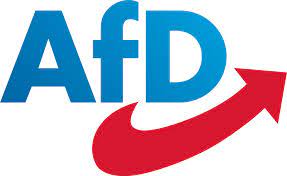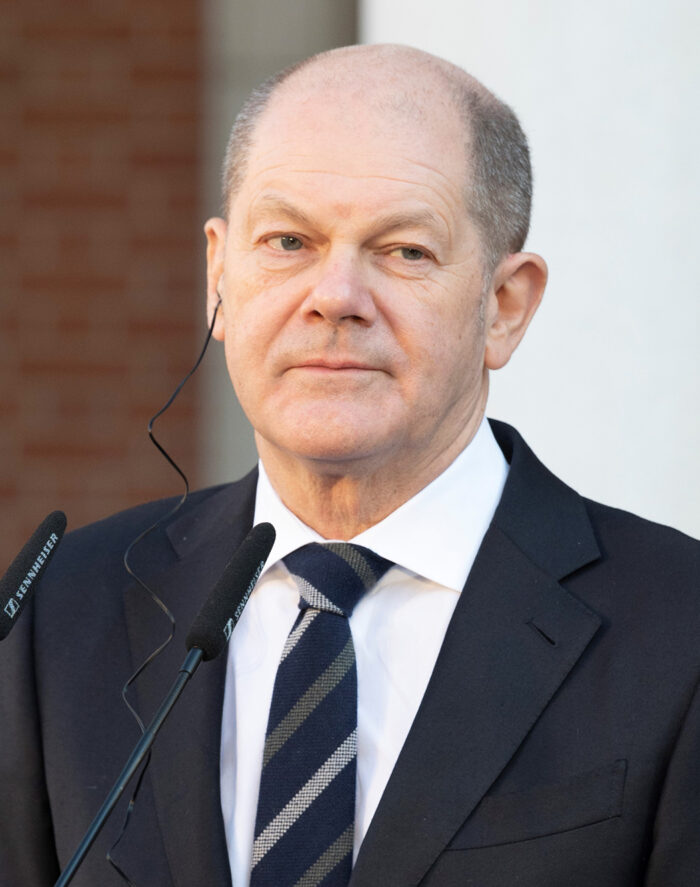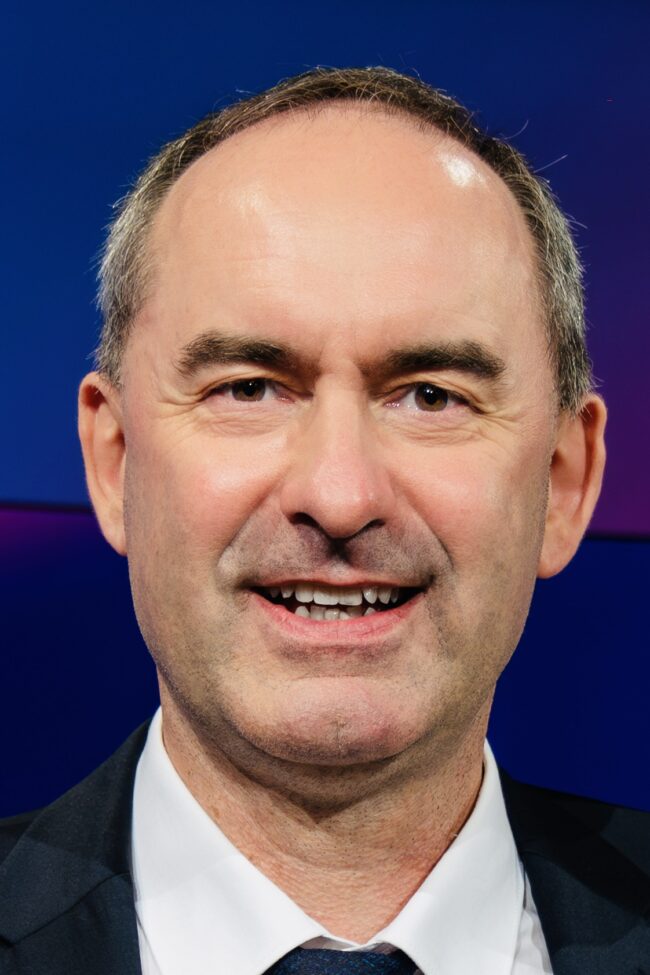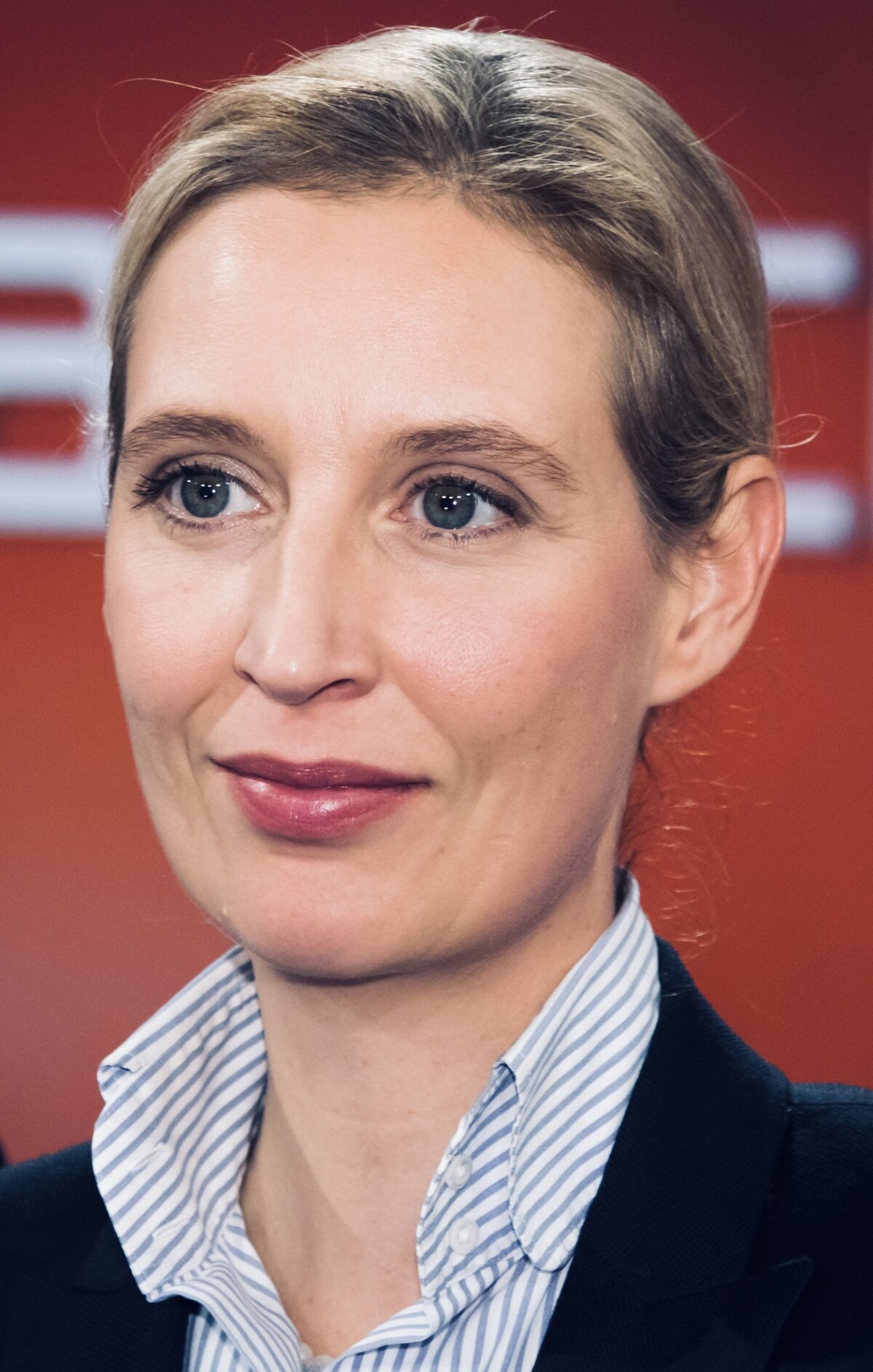Ten years after its formation, the extreme right-wing Alternative for Germany Party (AfD) is a force to be reckoned with in the country that produced Nazism, gave rise to Adolf Hitler, and conceived and implemented the Holocaust.
Increasingly popular in eastern Germany — where a Soviet-sponsored Marxist state existed for 40 years until 1989 — the AfD has made remarkable gains at the federal level, at least according to recent polls.
With 20 percent voter support, it is now the second largest political party in the land.

Only the Christian Democratic Union and the Christian Social Union, a center-right coalition supported by 28 percent of the electorate, are ahead in the polls.
Support for Chancellor Olaf Scholz’s center-left Social Democrats stands at 18 percent. His two coalition partners, the Free Democrats and the Greens, are endorsed by 7 percent and 14 percent of German voters.
The smallest opposition party, the socialist Left Party, is struggling to remain above the 5 percent mark, the threshold for representation in the Bundestag, the German parliament.
The AfD, however, lost ground in the last federal election. In 2017, the AfD won 13 percent of the vote, emerging as the third largest party in parliament. But in the 2021 election, its share of the vote tumbled to 10 percent, relegating it to fifth place in terms of party standings in the Bundestag.
Surveys suggest that fewer Germans are apprehensive about the AfD, which is an exponent of German nationalism, opposes mass immigration, and denounces multiculturalism. In the most recent poll, 69 percent of German voters expressed concern about the AfD, compared to 85 percent a few years ago.
Scholz has urged Germans to think twice before voting for the AfD. As he put it recently, “The vast majority of citizens know that the self-proclaimed ‘alternative’ is in fact a demolition squad — a demolition squad for our country.”

Accusing the AfD of exploiting the current economic downturn for its own benefit, he called on democratic forces to “counter those who want to make political profit from scare-mongering or scenarios of decline.”
The AfD, whose co-leaders are Alice Weidel and Tina Chrupalla, clearly owes its popularity to voter dissatisfaction.
Germans are worried about high inflation and the general state of the economy, which is not as robust as it was a few years ago. Germans think that climate change is an important issue, but few believe it should be addressed by strict measures.
The arrival of more than one million Muslim refugees from Syria, Iraq and Afghanistan in 2015 and 2016 is source of discontentment as well. In line with AfD policy, nearly 50 percent of Germans want to limit the inflow of refugees and foreigners.
In addition, the AfD is supported by protest voters, a small contingent of iconoclastic Germans who reject the status quo and tend to vote for the most radical political party.
The AfD has essentially split into an ethno-nationalist wing, which appeals to radical right-wingers, and a relatively moderate wing, whose plank largely resembles that of many European conservative parties.
Two years ago, the Federal Office for the Protection of the Constitution (BfV) placed the AfD under surveillance after labelling it as an extremist group. This past April, the BfV categorized the Young Alternative for Germany faction as an extremist organization.
Officially, the AfD shies away from antisemitism and proclaims to be pro-Israel, a reason why a minuscule minority of Jews have supported it. But in recent years, two of the AfD’s high-profile members have been accused of antisemitism.

Björn Höcke, whose views are almost identical to the neo-Nazi National Democratic Party, has branded the Holocaust memorial in central Berlin as a “memorial of disgrace” and advised Germans not to feel so guilty over Nazi atrocities.
Alexander Gauland, one of the founders of the AfD, claimed that “Hitler and the Nazis are just a speck of bird shit in over 1,000 years of successful German history,” a comment that Germany’s president condemned.
There were 2,773 reported antisemitic incidents in Germany last year, a decline of 11 percent, but violent antisemitism is on the rise, according to the Federal Association of Research and Information Centers on Antisemitism (RIAS).
RIAS cited nine cases of violent antisemitism, including the firing of shots at the rabbinical residence of the Old Synagogue in the city of Essen.

In a conspicuous case of antisemitism, the leader of the state of Bavaria, Markus Soder, reprimanded his deputy, Hubert Aiwanger, over an antisemitic leaflet he carried in his satchel as a teenaged student.

Aiwanger issued a belated apology, but the offensive flyer was actually written by his older brother.
If nothing else, the short-lived Aiwanager affair demonstrated yet again that antisemitism is a pathological phenomenon that appears and reappears in Germany, even at the best of times.
